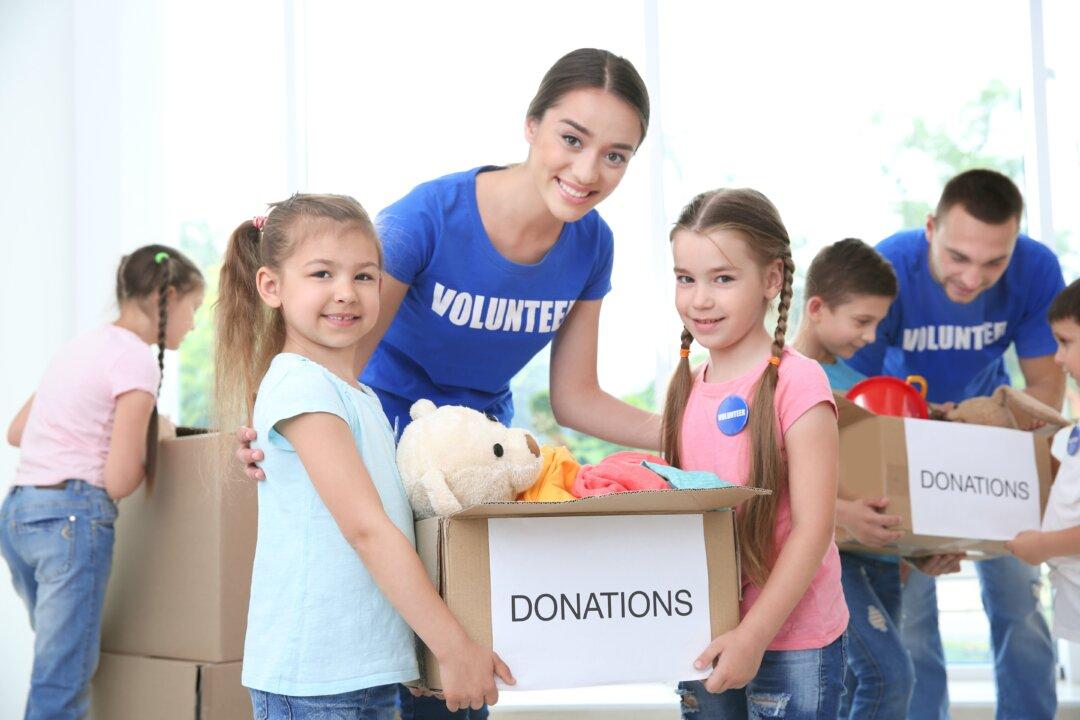A few years ago I drove up to Waco to visit my daughter Lauren, who was a sophomore at Baylor University. As we ate pancakes and eggs in a sticky vinyl booth at IHOP, she shared what a hard time she was having and the anxiety she was facing both about her schoolwork and the social scene. As we finished our meal and the waiter brought our check, we decided to do something fun and leave a large tip. Lauren and I snuck out of the restaurant and back to my car and watched through the window as the waitress picked up the check from our table. Her reaction was priceless, and so was the time laughing and giggling with my daughter as we blessed someone else.
Derrick Kinney is changing how you feel about money. He believes money is not bad and good people should have more of it. After applying these proven principles with thousands of clients, Kinney sold his multimillion-dollar business to teach these success steps to you.
Author’s Selected Articles





